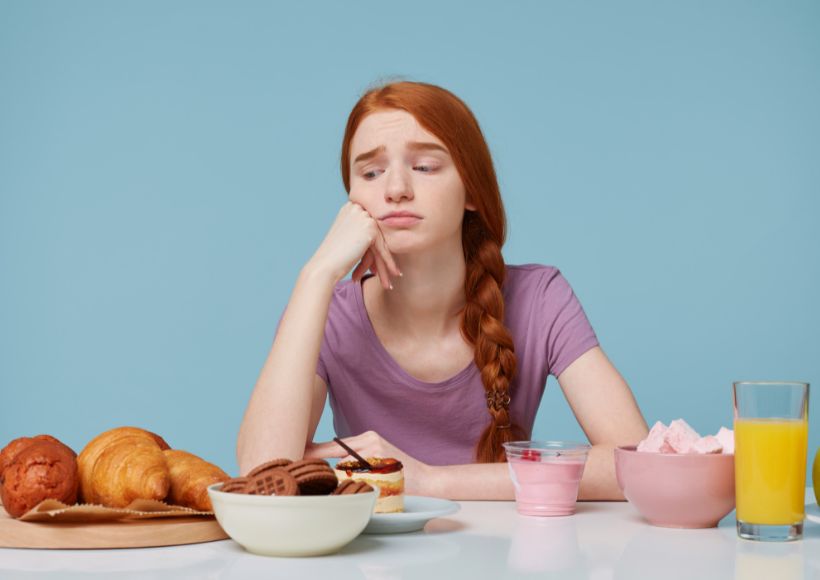Today, due to the pace of life we lead, anxiety and its symptoms are the most related and the most common and habitual in psychological centers and clinics. Anxiety is defined as an emotional state characterized by fear, tension and anguish in the face of dangers.
Many times, living with anxiety can lead to a poor diet, and give rise to what we call anxiety about eating, anxiety eating or emotional hunger, which is part of our society. That is why it is crucial to know how to detect and manage anxiety.
Do you start to binge eat when you are at home most of the time? Do you sometimes feel that it is almost impossible for you to stop and control cravings for eating, even if you know that you are eating in moderation then you shouldn’t? Are you eating unhealthy food with little appetite due to an irrepressible urge?
Why Is This Happening?
The anxiety to eat is a need that the person with the anxiety disorder has who feels impulsive and uncontrollable. The person feels that he needs to eat, even if he is not very hungry, to satisfy “something” that is bothering him. And that “something” is an emotional conflict that is not resolved as it should be, so the subject eats to satisfy an emotional need rather than a physical one.
The problem here is not the food the person eats, but what makes us compulsively eat. The person enters a loop or vicious circle from which he cannot get out:
- People eat because it makes them feel good in the short term, because the act of eating releases a flood of neurotransmitters, like dopamine, that make us feel good.
- Afterwards, the person feels bad and anxious again, why? Because the actual main cause does not fully address the food consumed, and also adds to feelings of guilt, shame, and remorse for previous useless actions.
- result? More anxiety. So we start the cycle again…
Techniques To Calm Anxiety
Exercise your self esteem
Part of eating away from cravings is having a personal assessment and opinion about yourself. The more self-esteem and self-confidence increases, the more secure and content we feel. In this way, our sense of mastery and control over our lives, our willpower, acceptance, self-knowledge and self-esteem increase, which automatically lowers your anxiety levels.
Identify the situation
Find a time to eat, make a list of questions, and write down the answers:
- Why do I actually have anxiety?
- When it happens?
- Is it after I start eating?
- What was happening or what were you thinking before you started eating?
Take it easy
Regular exercise and relaxation techniques will reduce the tension that builds up throughout the day, which can help calm your mind and eliminate anxiety.
Learn to manage emotions
It is important not to suppress and hold on to negative emotions, but to see them as certain internal signals in our lives that need to change or improve.
Find other types of rewards
Think of activities that make you feel similarly full and satisfied, but without the negative consequences of binge eating, and substitute them.
Sleep well
Not getting enough sleep can make us more tired and irritable, and it can also have a direct effect on our bodies, increasing hunger.
Also Read : Calcium Food: These Foods Are Particularly Rich In Calcium

